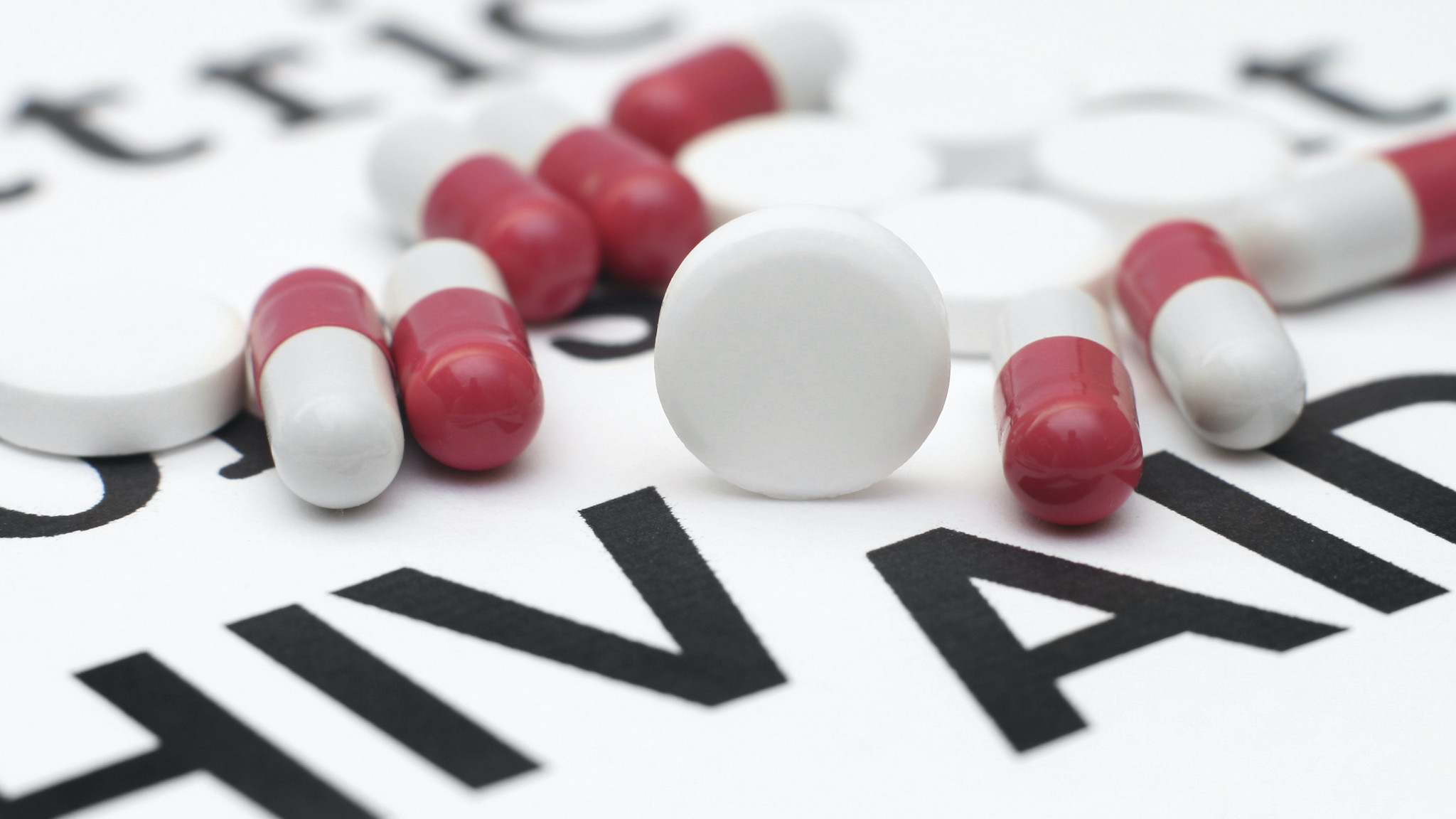HIV / AIDS in Suriname is not yet well enough under control. Although the number of new HIV infections in the country has decreased by 30 percent from 2010 and there has been a 20 percent decrease in HIV / AIDS mortality since 2010 due to the availability of HIV inhibitors, the decrease in new infections is not enough to prevent HIV in Suriname.
This is especially so because an estimated 40 percent (international guideline for a country to be below 10 percent for this parameter) of the people in Suriname who are already infected with HIV, do not yet know this about themselves. The risk of a rebounding of the HIV epidemic in Suriname therefore remains real.
In addition, in 2020, due to the COVID-19 pandemic, the need for lockdowns and temporarily adapted police, pharmacy and public transport services to contain COVID-19 have theoretically increased the risks of a rebound in the HIV epidemic. The most important step to get the HIV epidemic under control in Suriname is to make visible and receive treatment for all who are already infected with HIV but do not yet know about it.
Today, December 1, is World AIDS Day. Also this year the main message is ‘Sab i Libi, Tek a Test!’ This year it is 32 years that we in the world, but also in Suriname, commemorate World AIDS Day. Due to the availability of HIV-inhibiting medication, also in Suriname, it has been the case for more than twenty years that people infected by HIV with HIV inhibitors do not have to die prematurely from HIV / AIDS.
Advice
The advice of the Ministry of Health’s HIV program is that every sexually active person is aware of his or her HIV status. Those who know their status can ensure that they remain HIV negative by continuing safe sexual behavior. Use condoms with any partner whose status you don’t know and a steady partner. Prevention remains better for one’s own health than having to live with the risk of complications from HIV.
At the Dermatological Service, the Malaria TropClinic on Geyersvlijt, the RGD test sites of Flora, Latour, Lelydorp, La Vigilantia and Wonoredjo you can get an HIV test free of charge. At the Lobi Foundation this is possible for a fee. At the walk-in test sites, the result is known within an hour. Anyone older than 16 years can go there. With an HIV test request available from the GP, an HIV test can be done through laboratories. This test is reimbursed by health insurers.
Treatment possible
For those who find out they are infected with HIV, treatment is available and worse can be prevented. Today, HIV treatment is started as soon as possible after a person is known to be infected with HIV. There is no longer waiting for a person to develop HIV / AIDS complaints. This is known as ‘treat all’ and has itself been proven to be the best for the person living with HIV. For treatment of HIV, one can report to his or her GP, who will work with the person to determine what is best for him or her.
The benefit of treating people living with HIV extends beyond the individual. Every person where the HIV virus has been successfully suppressed will no longer be able to transmit the infection to his / her sexual contacts. This is an important reason for the decrease of new HIV infections in Suriname and the rest of the world.
An estimated 1.3 percent of adults in Suriname are living with HIV, with a third of these people not yet knowing about it. Of those who know that they are infected with HIV and who have already registered for treatment, we see that 83 percent of those who successfully start the treatment and 87 percent of those who also successfully maintain the HIV virus in their body. suppress. HIV treatment works and investing in this treatment pays for itself, writes Public Health.
In order to further reduce the HIV epidemic and ultimately eliminate HIV as a public health problem by 2030, the target is that by 2020 at least 90 percent of people living with HIV are aware of their status, at least 90 percent of these people are also in HIV care and receive inhibitors and that at least 90 percent of these people are subsequently treated successfully for a long time. The target is 95-95-95 by 2030.
Important lessons
The theme of WAD 2020 is ‘Global solidarity, Shared responsibility’. This theme is inspired in part by the lessons learned from the COVID-19 pandemic of this almost last year, where it has become particularly clear that during an epidemic no one is safe until everyone is safe and that equal access to healthcare is one of the basic policy intentions of the Ministry of Health, while remaining an essential precondition.
At the end of this eventful COVID-19 year, it is striking that the important lessons at the start of the COVID-19 pandemic on how to deal with COVID-19 have been learned from the 40-year learning path of HIV, and now 10 -12 months later important lessons can be taken back from the COVID-19 scenario.
The power of unity and shared responsibility is the essential ingredient to successfully reduce an epidemic and to further catalyze the HIV epidemic to the point of elimination in Suriname, too.
–


